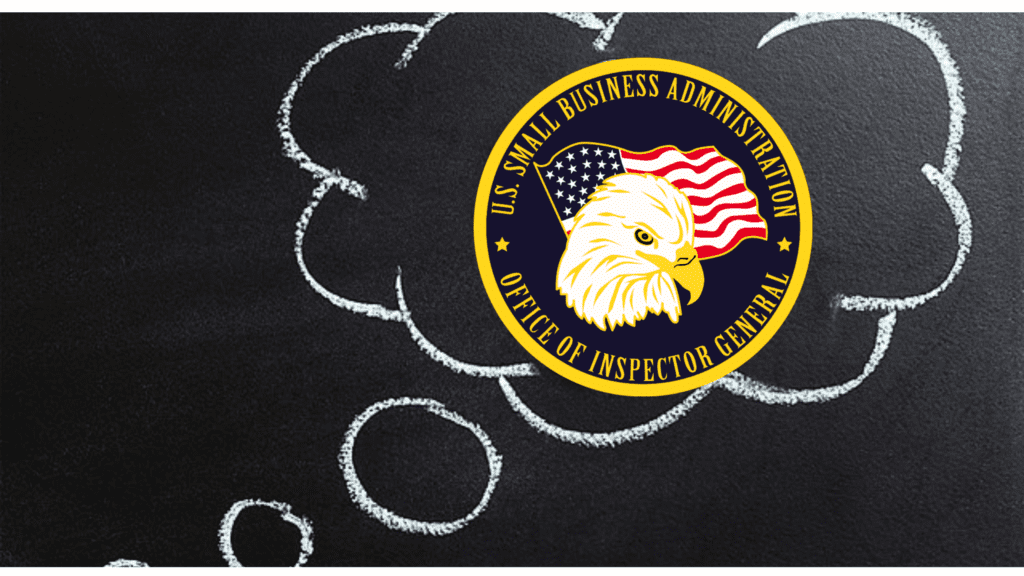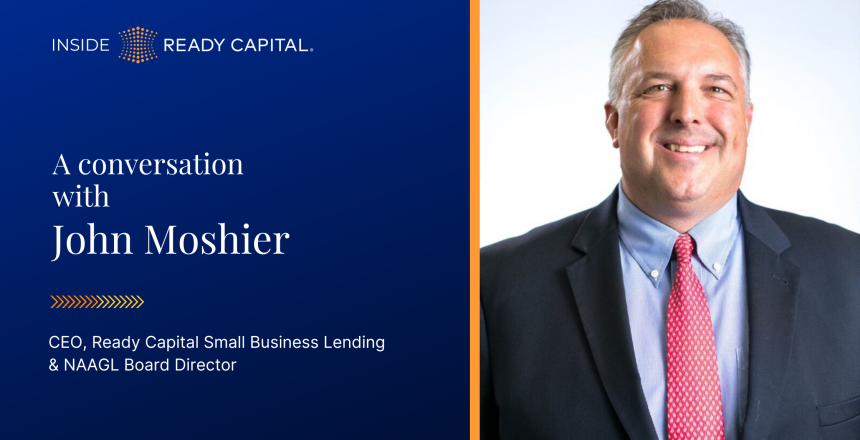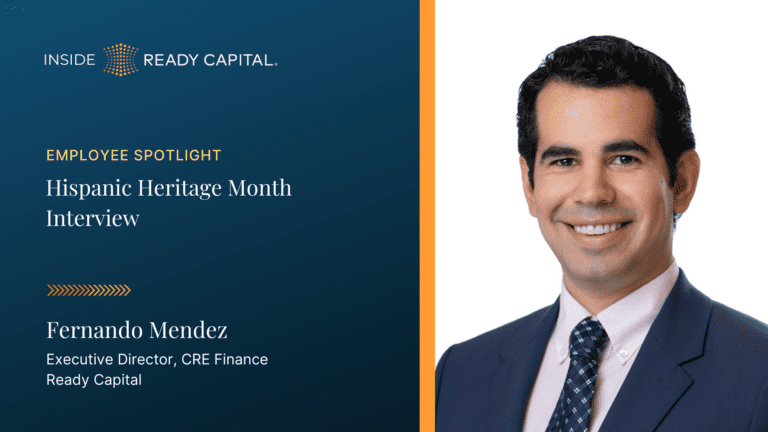What got you interested in small business lending?
I grew up in a household with parents who owned a small business. After observing and working with my father through high school, I knew I didn’t want to own a small business, but I knew enough to know that small businesses need a lot of handholding.
Life lessons learned
My dad owned a pool and spa business. When he bought a building – because he’d been leasing – he got a conventional loan. His retail space doubled, so he had to double his inventory and he had to hire two people to work in the store. The conventional loan only covered 75% of the purchase of the building. My dad had to come out of pocket with all the inventory, the payment upfront for the employees and the customization of the building.
This is where it gets a little bit personal: That was my college fund. Had my dad gotten an SBA loan, I would have sat him down and said: “Ok, Dad, let’s add the building, the inventory you need to buy, maybe three months of salary for the people you have to hire. You put 10% down, you put 10% equity into this whole project, and add that all up. Then you can get an SBA loan so that you can conserve cash, so that if you do run into some bumps in the road, you’ve got some breathing room. My dad could have filed for bankruptcy — and he had a successful business — however, the ramp-up from the growth he was experiencing took a few more months than expected, and cash was tight.
As I got into the banking world, I started to gravitate toward small businesses. I was able to take my father’s trials and tribulations of starting a business at a very grassroots level and translate that into my ability to understand and speak to a small business’ need to access capital. That’s what got me hooked. I was a relationship manager making loans and then reviewing deposit accounts, and then eventually, I started doing SBA lending as a specialty.
If you had a fallback career, what would it be?
I’m still a people person, I’m still a connector. I think I’d work for a food bank – drive programs for people who are hungry.

Tell us about your first encounter with the SBA loan program.
Yeah, I thought it was a lot of paperwork, and there was a lot to learn. But as I learned over time, you’re working with the chief cooks and bottle washers all at the same time. I learned that not only are the SBA programs there to help the lender manage risk but to help put the borrower in the most favorable terms. It forces the lender to ask the appropriate questions, so we’re putting the small business owner on the path to success. At the end of the day, the reason you get into small business is to make money. If you can’t make money – and you’re borrowing money – then you lose money, and you end up owing that money to the government, and you can’t pay your bills.
Are there any misconceptions you could address about the SBA 7(a) program?
It’s not like applying for a credit card. It’s a significant opportunity, allowing a small business owner to acquire or expand the business in some way, and so it can feel daunting. The misconception is that the process itself is really hard. No, the hard thing is actually growing your business. Having the vision and strategy to put the pieces in place. Once you know that, the SBA process is fairly easy. It’s all the in-between stuff of what success looks like that can make an SBA loan so hard. SBA lenders who are order-takers miss the boat on how much money it’s going to take.
Here’s an example:
Small business owner: I want to buy a building because I’m growing. I want to do some customization on this building, and I need to buy some equipment to put in that building and hire some people to run the equipment.
Responsible SBA Lender: Ok, who is the end-user of your product? How long is the ramp-up for buying this building, doing the build-out, and putting the machinery in place so your clients get a positive cash flow?
What we do is triangulate that and offer a solution:
Responsible SBA Lender: In month six it looks like you’re going to be breaking even. So, let’s figure out your cost structure in those first six months so we’re providing that inside your loan, so you can pay that salary, that electrician who has to come in and modify that building, etc
Why is supporting veteran-owned businesses a priority for you and for Ready Capital?
First of all, I am a veteran. I’ve been in three combat situations, and I’m one of the lucky ones. I’ve been able to translate that into a very successful career in the financial services industry, and now I’m CEO of one of the largest SBA lenders in the country. Sometimes you just need to hug your brothers and sisters. Sometimes a hug and sometimes a bit of a break in life, just get ‘em on the right path.
We really want to help veterans who want to and who are capable of owning a business. Those folks that served our country have a skillset of leadership that can translate well into owning a small business. I think of franchises as a really good opportunity because franchise owners follow a playbook. The military follows a playbook. Veterans also are really good employees.
Sometimes you just need to hug your brothers and sisters. Sometimes a hug and sometimes a bit of a break in life, just get ‘em on the right path.
– John Moshier, CEO of Small Business Lending, Ready Capital
Will you share a bit about the Military Makeover with Montel show?
We started working with Military Makeover because it was a great idea and we’ve continued with it. Once a quarter, we get to be a part of helping a (usually service-disabled) veteran and their family with either some emotional support or something tangible with their home – every veteran’s situation is different. It’s a little bit of a give-back.
They’re not always small business owners, in fact, they rarely are. But it’s given us the opportunity to call on some of our clients to help in the situation. A couple of episodes ago, the veteran was an avid golfer. We made a loan to a golf pro to purchase his own golf course who was formally on the PGA Tour. He flew to two featured veterans on separate occasions to provide a golf lesson, and with his connections with Titleist, he was able to custom-fit clubs for each of the veterans. One time, we called on a landscaper we’d made a loan to, and they provided a lot of the landscaping products to help spruce up their yard.
John Moshier brings close to 25 years of experience as a lending leader with a focus on Small Business Administration (SBA) loan programs. John also periodically appears on the Military Makeover with Montel Williams show on Lifetime which Ready Capital proudly sponsors.
Learn more about the small business lending program at Ready Capital.
Tune in for the next episode of Military Makeover With Montel this Friday on Lifetime TV at 7:30 a.m. ET.
Inside Ready Capital is a Q&A series with Ready Capital employees that amplifies thought leadership and other unique perspectives.






